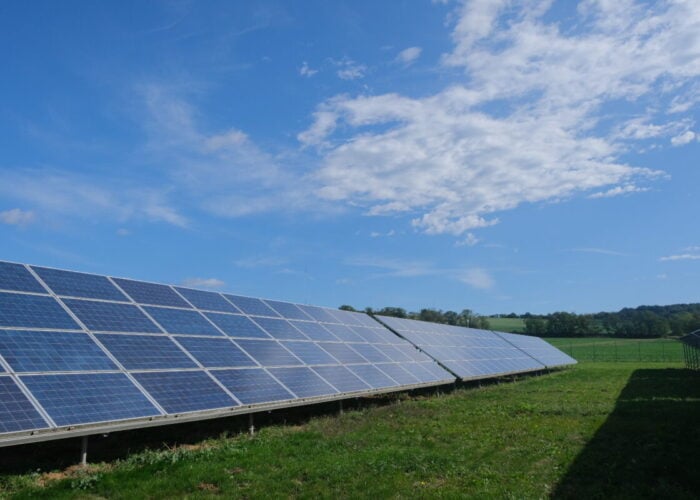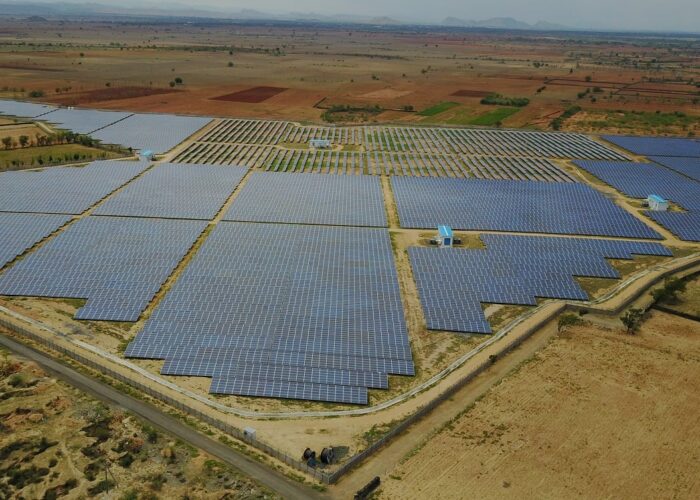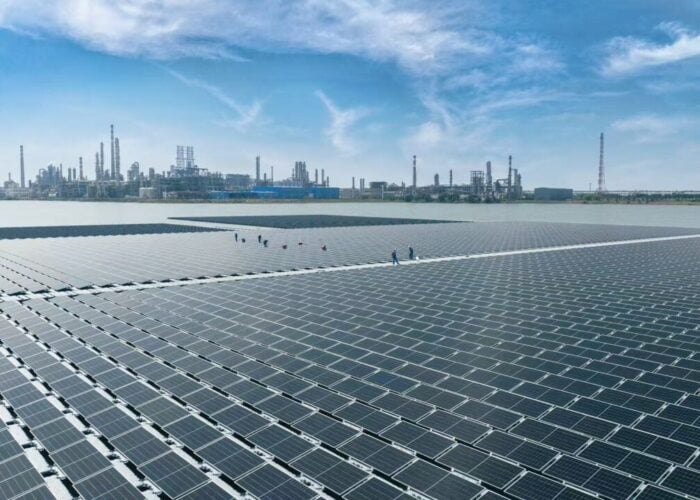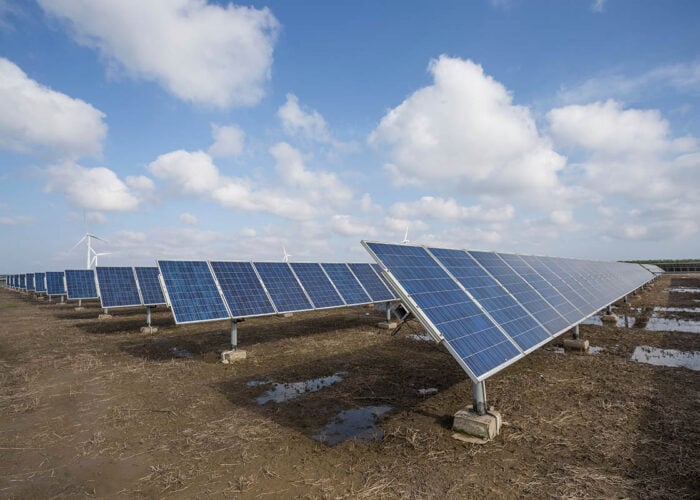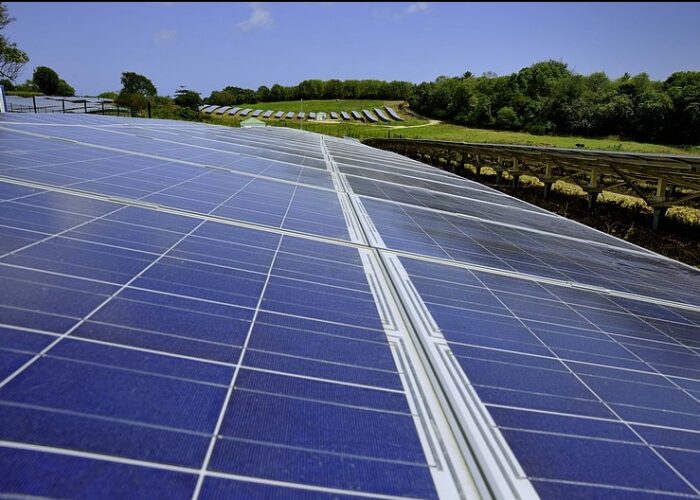Major PV manufacturer JinkoSolar said that its 60-cell multicrystalline silicon ‘Eagle+’ series modules have achieved power output of 306.9 Watts.
The company said independent tests were recently conducted by TUV Rheinland's Shanghai Testing Center on a sample of the Eagle+ modules under Standard Testing Conditions (STC).
Unlock unlimited access for 12 whole months of distinctive global analysis
Photovoltaics International is now included.
- Regular insight and analysis of the industry’s biggest developments
- In-depth interviews with the industry’s leading figures
- Unlimited digital access to the PV Tech Power journal catalogue
- Unlimited digital access to the Photovoltaics International journal catalogue
- Access to more than 1,000 technical papers
- Discounts on Solar Media’s portfolio of events, in-person and virtual
Kangping Chen, CEO of JinkoSolar said: “Our R&D team continues innovating new technology that has now delivered exciting results. Those innovations significantly improve the power output and reliability of our modules to ensure 25-year stable power generation, and we aim to put them into mass production soon.”
JinkoSolar noted that the module incorporated several technology advancements related to cell design and materials, which include DuPont’s ‘Solamet’ metallization pastes, as well as advanced integrated packing technology, and employing DuPont’s ‘Tedlar’ polyvinyl fluoride film–based back sheets.
JinkoSolar is known to be adopting PERC (Passivated Emitter Rear Cell) cell technology to upgrade existing solar cell lines and recently announced capacity expansions.
The company also highlighted that it had also reduced crystalline silicon defects and that the modules could resist potential induced degradation (PID) under weather conditions of 85 degrees Celsius and 85% relative humidity for 1,000 hours.
Described as an ‘antioxidant’ design of the cell and the use of Tedlar encapsulation material helped to eliminate the possibility of snail trails.
Snail trails are dark lines that can appear to crisscross the surface of the cells. DuPont amongst others have investigated the issue and believe it is caused by a reaction between additives found in some EVA encapsulant material combinations and the silver cell fingers. EVA degradation, caused by acid generation from the material is believed to be a catalyst for accelerating the snail trail defect.
Solar cells with micro cracks are also believed to be the catalyst for snail trail formation.
JinkoSolar announced the introduction of the ‘Eagle+’ modules at SNEC in May, 2014 with 275-Watts of peak power output.

